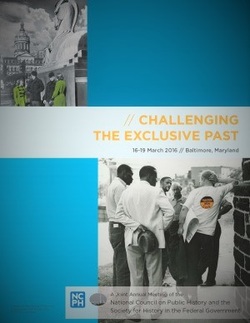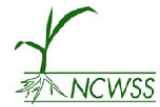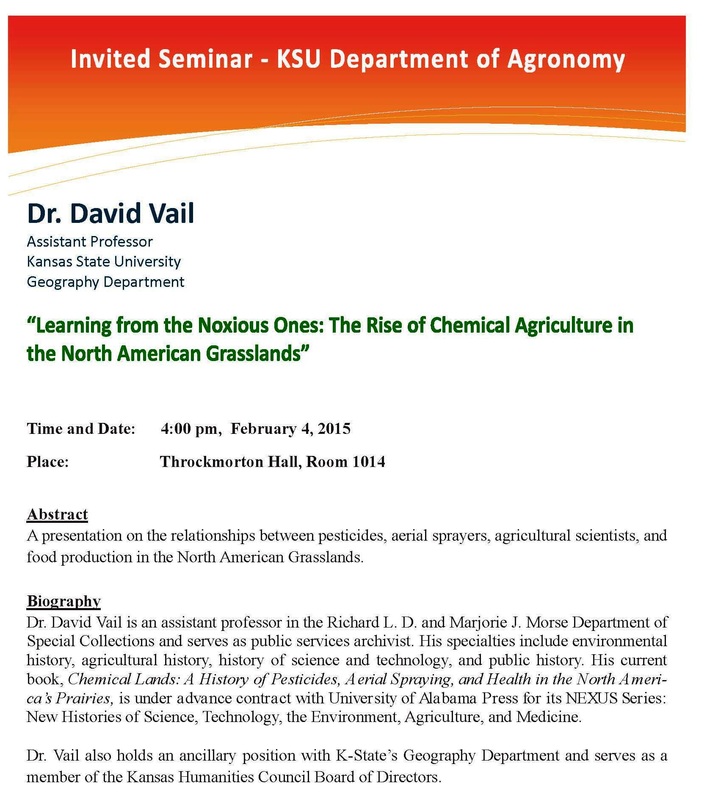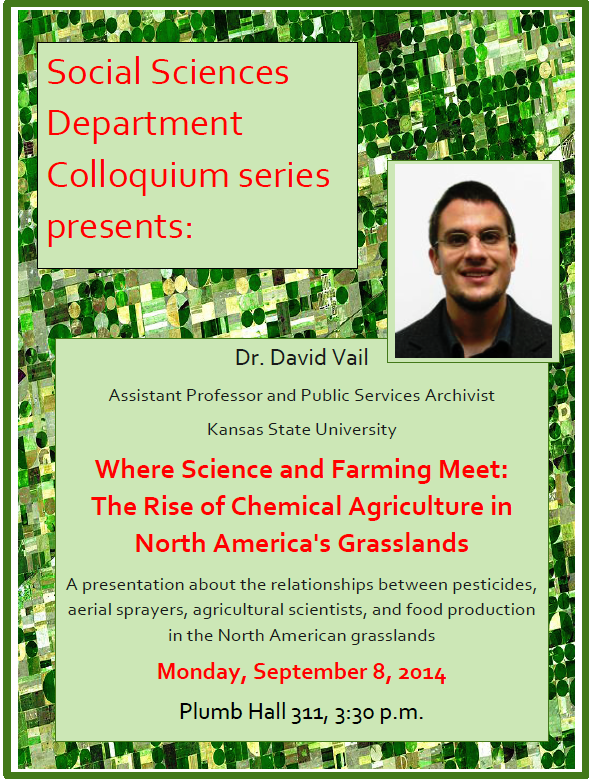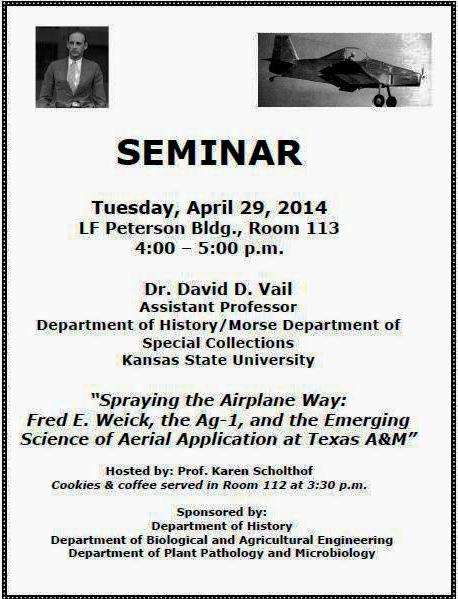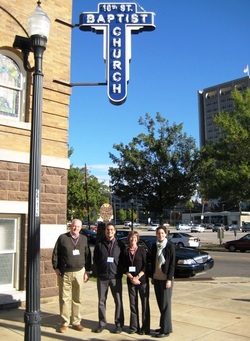 Environmentalism in Unexpected Places: The Strange Advocates and Unconventional Partnerships of Environmental Activism (Panel 5-F: Parkside [mezzanine level]) Chair and Commentator: Brian Allen Drake, University of Georgia Presenters: David D. Vail, University of Nebraska-Kearney Dying Harvests: The Great Plains Agricultural Council’s Efforts to Study Climate Change, Protect Crops, and Solve the 1950s Drought Amy Marie Hay, University of Texas-Rio Grande Valley A Report to the Consumer: Ida Honorof and Environmental Activism Jinny A. Turman, University of Nebraska-Kearney Self-Sufficiency Through…Federal Government Assistance? The Back-to-the-Land Movement, Biofuel Development, and the Department of Energy’s Appropriate Energy Technology Grants Program 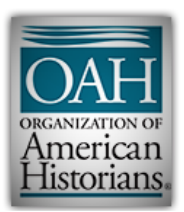 SESSIONS Thursday, April 712:00 pm - 1:30 pm University Special Collections as Community Spaces Endorsed by the OAH Committee on Public History A discussion about how university-based special collections and the larger community intersect. This roundtable brings together five scholars and archivists to discuss not only the importance of creating bridges between university-based special collections and the community, but also introduces five distinct case studies that showcase how this is being done. Our goal for this roundtable is to share our work but also to critically examine sustainable ways we can create meaningful relationships between the community and special collections. Commentator: Tobias Higbie Panelists:
Please join me and other public historians March 16-19 at the NCPH 2016 Annual Meeting in Baltimore, MD. I will be participating on a roundtable for "Strategies for a New Public History of Agriculture and Rural Life."
I will be attending the North Central Weed Science Society's annual meeting in Indianapolis to give the keynote: “How the North Central Weed Control Conference Shaped Agricultural Aviation in the Grasslands.” Weed scientists, Historians, and Agriculturalists welcome.
I will be speaking at Kansas State University on Wednesday, February 4, about the relationships between pesticides, aerial sprayers, and agricultural scientists as part of the Agronomy Department's Invited Seminar Series. All are welcome to attend. See the flyer or more information.
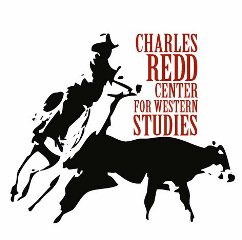 David Vail, assistant professor in the Morse department of special collections, has won a prestigious research fellowship for Western American history from the Charles Redd Center for Western Studies at Brigham Young University. He will conduct research for his second monograph project, "The Farmer's Iron Horse: Railroads and Agricultural Extension in the Twentieth Century American West." Vail's work explores the history of agricultural extension by looking at the environmental, technological and political economy of agricultural science and railroad expansion in the early 1900s. This book-length study examines the shifting roles of railroads in farm production, rural education and the growth of agricultural science in the Great Plains, the Intermountain West and the Pacific Northwest. He argues that these farm-science trains encouraged a "mobile extension system" that formalized cultivation practices, endorsed research and reinforced market relationships. During his trip, Vail also hopes to build relationships between the K-State and Brigham Young University Special Collections departments. "This fellowship will be instructive in my research, but also in how I can provide access, generate interest and explore new ways to connect students and faculty to special collections at K-State," Vail said. Vail is currently finishing the manuscript for his first book, "Chemical Lands: A History of Pesticides, Aerial Spraying and Health in the North American Grasslands," which is based on his dissertation. Vail serves as public services archivist for the Morse department of special collections. He received his doctorate in history from K-State in 2012 and specializes in environmental history, agricultural history, history of the American West and Kansas history. In addition to humanities and heritage consulting for multiple historical societies and museums, he is also a member of the Kansas Humanities Council board of directors. K-State Today (6/17/2014 by Sarah McGreer Hoyt)
Exciting humanities events are happening all over the country this year to highlight the federal humanities and social sciences commission's "Heart of the Matter" study. Below is a copy of the report brief and a link to the film. The Heart of the Matter: A Film |
|
||||||
